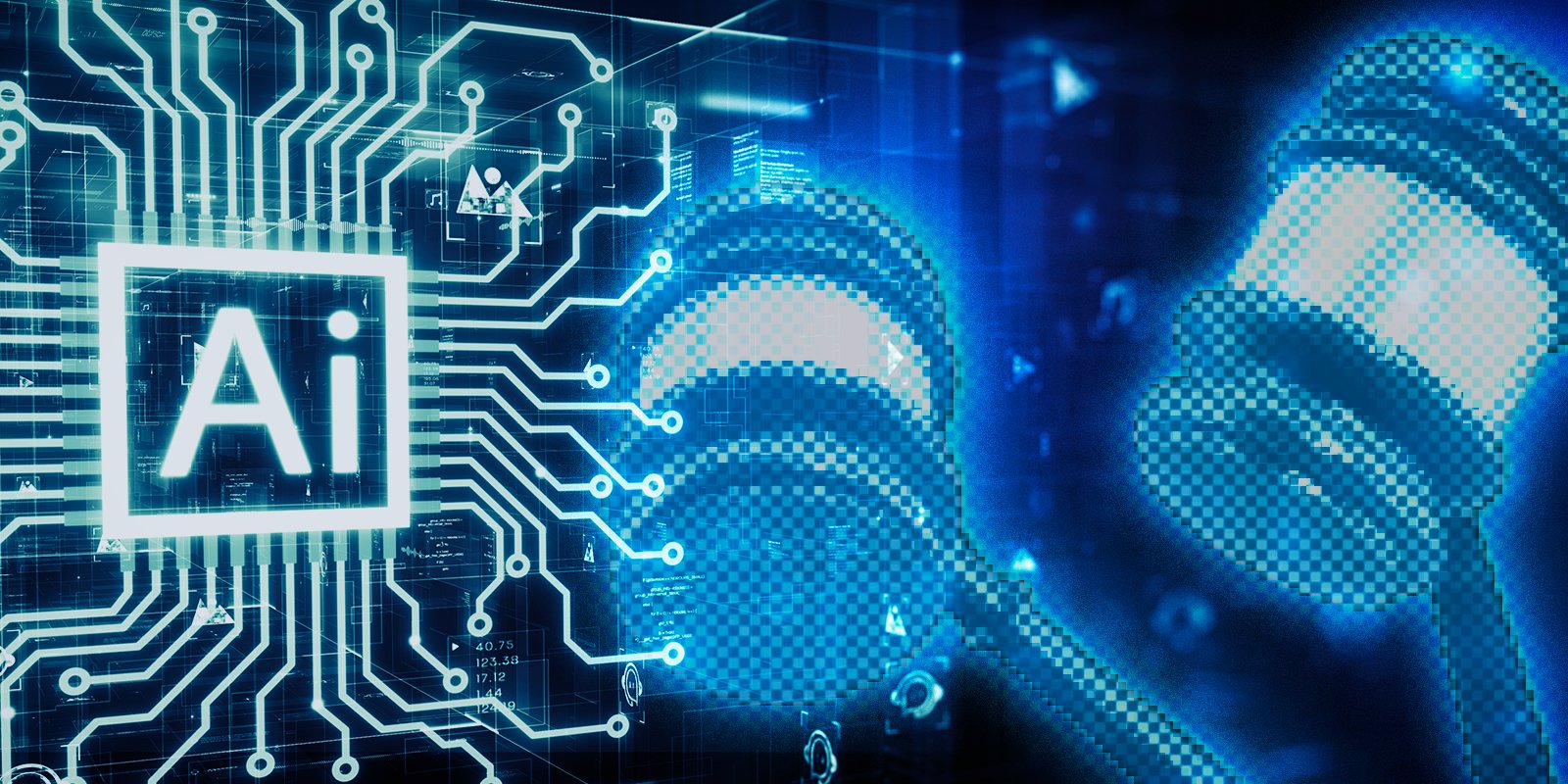
Two U.S. Courts Address Fair Use in Generative AI Training Cases
In Short
The Situation: Federal courts continue to address whether training artificial intelligence ("AI") models on copyrighted materials without a license constitutes copyright infringement.
The Development: In a single week, two United States District Court judges in the Northern District of California issued decisions addressing fair use in the context of generative AI ("GenAI") training.
Looking Ahead: These decisions are shaping the application of the fair use defense in connection with the use of AI for training purposes. Although both courts recognized the transformative nature of using copyrighted works to train GenAI, the fact-specific nature of the fair use inquiry remains central to the analysis, including the source of the training data and the impact on the market.
Two decisions addressing fair use in the context of GenAI training came out of the Northern District of California. The decisions turn on the courts' analysis of the four "fair use" factors under the Copyright Act: (1) the purpose and character of the use; (2) the nature of the copyrighted work; (3) the amount and substantiality of the portion used; and (4) the effect of the use upon the potential market for the work.
Anthropic: Training GenAI Tool With Copyrighted Materials Is "Fair" but Using "Pirated Works" to Build a Digital Library Is Not
On June 23, 2025, in Bartz v. Anthropic PBC, No. C 24-05417 (N.D. Cal), Judge William Alsup granted summary judgment for Anthropic, holding that certain use of copyrighted materials to train Anthropic's large language models ("LLMs") called "Claude" was lawful as a "spectacularly" transformative fair use. The court analogized the process to how humans read and learn from books, explaining that copyright law does not grant authors the right to prevent others from using their works for training or learning purposes. Importantly, there were no allegations that the outputs of Claude infringed the authors' works by reproducing them exactly or creating substantial knock-offs. The court described the training as "among the most transformative many of us will see in our lifetimes." In considering the potential market impact, the court assumed that a market for licensing of works for the purpose of training LLMs "could develop," but the court held that "such a market for that use is not one the Copyright Act entitles [the authors] to exploit."
Central to the court's decision was that Anthropic converted lawfully purchased print books into a digital format. The court found this format change was transformative, as it did not create new copies, and instead facilitated storage and searchability. Although the format change may have displaced purchases of new digital copies, the court found that such losses did not relate to rights reserved to the authors under the Copyright Act.
The court drew a distinction between the sources for the AI training. Anthropic's creation of a digital library from unauthorized copies was not deemed fair use. The court found that the pirated copies displaced demand for the authors' books and would "destroy the [entire] publishing market." As a result, the court denied summary judgment for Anthropic on liability for the pirated library copies, setting the stage for a trial on liability for the pirated copies and the resulting damages, including potential willfulness.
Meta: Highly Transformative Use, but Market Harm Remains Central
Just two days later, on June 25, 2025, Judge Vince Chhabria, in Kadrey v. Meta Platforms, Inc., No. 23-cv-03417 (N.D. Cal.), addressed Meta's use of copyrighted books from "shadow libraries" to train its LLMs. The "shadow libraries" are online repositories that provide works like books, journal articles, music, or films for free download, regardless of whether that media is copyrighted. The court found the training "highly transformative" and rejected the argument that downloading from unauthorized sources alone precluded a fair use defense, since there was no evidence Meta's actions supported the shadow libraries' unlawful activities.
The court recognized the importance of the fourth fair use factor: market harm. The court acknowledged that GenAI has the potential to "flood the market with endless amounts of images, songs, articles, books, and more," which could "dramatically undermine the market for those works, and thus dramatically undermine the incentive for human beings to create things the old-fashioned way." Despite this concern, the court granted summary judgment for Meta, finding that the author plaintiffs did not present evidence that Meta's use had caused or was likely to cause market harm to their works. The court left open the possibility that future plaintiffs, with a more developed record on market effects, could prevail, and advised that "in many circumstances it will be illegal to copy copyright-protected works to train generative AI models without permission."
Conclusion
The current trends from these courts suggest that training GenAI models on copyrighted works can qualify as fair use when the use is highly transformative and does not cause market harm. However, the decisions make clear that the fair use analysis is fact-specific with the source of the training data and the actual or potential impact on the market for the original works as important factors. As a result, while transformative use weighs in favor of fair use, courts will scrutinize the provenance of training materials and evidence of market harm, leaving open the possibility of liability when unauthorized copies are used or market effects are shown.
Three Key Takeaways
- Transformative Use Recognized: Both courts found that using copyrighted works to train LLMs is highly transformative, favoring fair use under the first statutory factor.
- Market Harm Is Pivotal: The Meta decision underscores that, even when use is transformative, the potential for market harm—especially from AI-generated competing works—remains an "important element" of the fair use analysis.
- Source of Copies Matters: The Anthropic decision distinguished between lawfully acquired and pirated copies, suggesting that fair use does not excuse the creation of a permanent digital library from unauthorized sources.









